Some call this the holy grail of protein shakes. The ultimate bodybuilding go to drink, and for good reason too. After we take part in any form of physical exercise, whether it be the gym, sport or even a physical job, it can cause our muscles to tear and breakdown. These micro tears in our muscles, once repaired is ultimately how we build and grow muscles. We’ve skipped a little science in there but for us to maximise our recovery rate and reduce the chance of having the above scenario whey protein is incredibly important to help repair and rebuild. We highly recommend taking Whey Protein 360, 360 Extreme or our award-winning Whey Protein 80 depending on which you prefer.
I know we left out some of the technical aspects there, but now it’s time to get down to the business side of things, how does it actually help us post workout? Well, protein is not just amazing for helping our muscles develop and repair, but it’s also the foundations of many other functions in our body.
Protein helps with enzyme and hormone production, as well as helping to maintain bones, cartilage, skin and our blood. However, unlike other types of macronutrients that we consume, for example, carbohydrates and fat, our body does not store protein and therefore has no reserve for when it is needed, so we need to have a good supply when our body needs it most, i.e post-workout.
Whey protein itself is derived from the liquid part of milk, which is separated to form 2 different proteins: Whey Protein and Casein Protein. We talk about Casein protein here, if you wish to give it a read. The protein contains small molecules called amino acids. These bad boys are the foundations of our muscles and the little troopers helping us make those all-important gains. There are two types of amino acids.
- Essential – your body does not produce them and must be consumed from food.
- Non-essential – your body produces them on its own.
Whey protein supplies our body will all 9 essential amino acids in one delicious shake. Not only does whey protein provide a high amino acid formulation but also increases the release of anabolic hormones such as insulin that can stimulate muscle growth, leucine which is known to stimulate protein synthesis, and is also very easily digested, and quickly absorbed compared to other proteins. So if you want a tasty shake that helps to decrease recovery rate, and improves muscles growth then this one’s for you.
For those wanting specifics, it was first recommended that an athlete does not need to consume more protein than the RDA. However, with the advancements of technology and science research has now found that anyone who engages with intense training may benefit from about two times the RDA of protein in their diet (1.4 – 1.8g protein per KG of muscle mass) (Philips, 2014). Although it really does depend on how much exercise you take part in, as after all the more exercise, the more recovery is needed, makes sense?
A study performed by (Bendagan et al. 2017) discovered that athletes who engage with moderate exercise need 1.2–2.0 g/kg/day of protein (60–300 g/day for a 50–150 kg athlete) while athletes involved in high volume, intense training need 1.7–2.2 g/kg/day of protein (85–330 g/ day for a 50–150 kg athlete) for optimal protein synthesis and recovery. That’s why our whey protein shakes have on average 20g of protein per serving, so double dip that scoop to hit your targets.



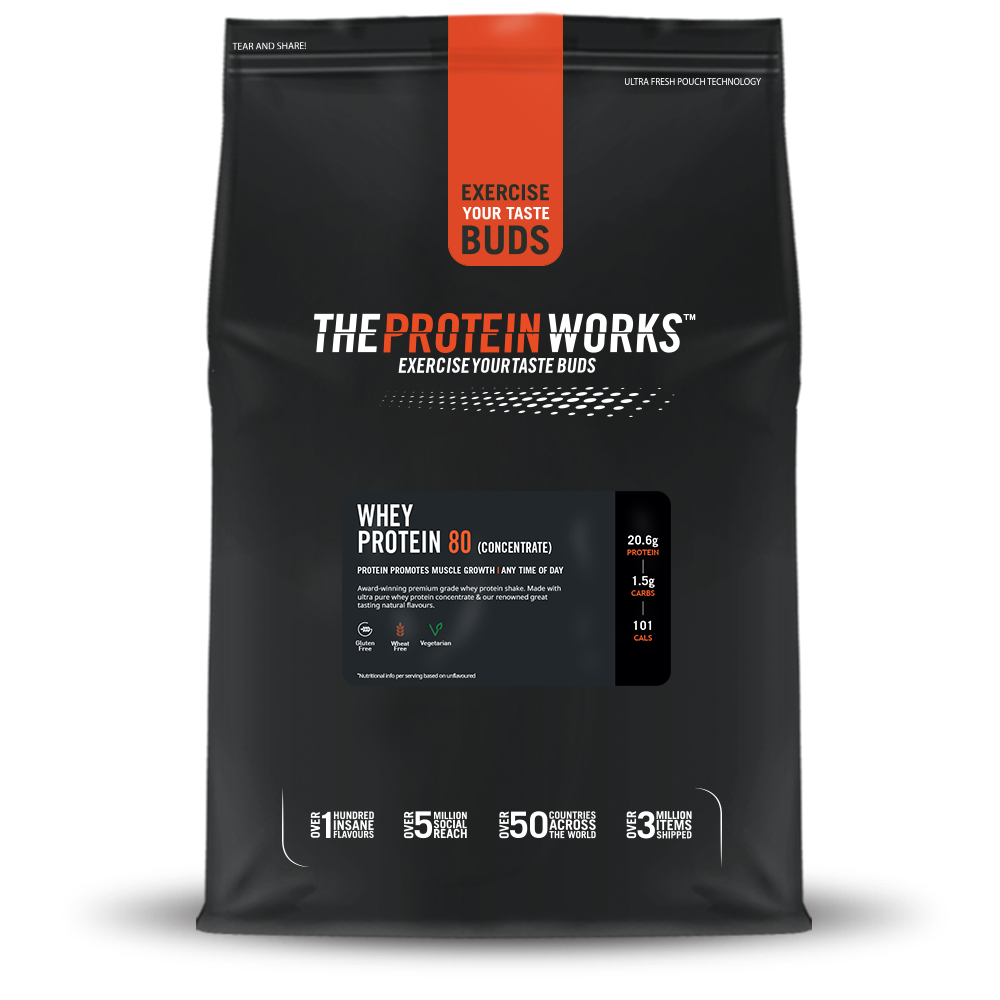

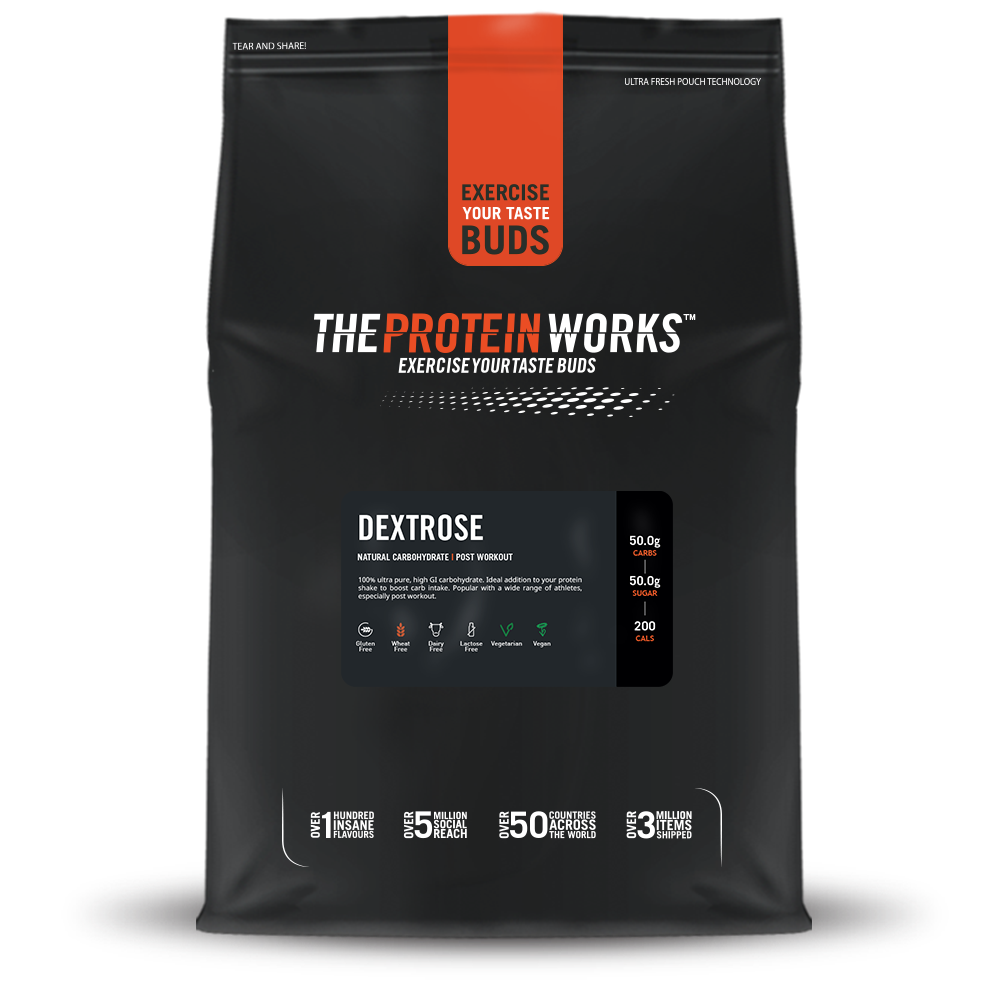
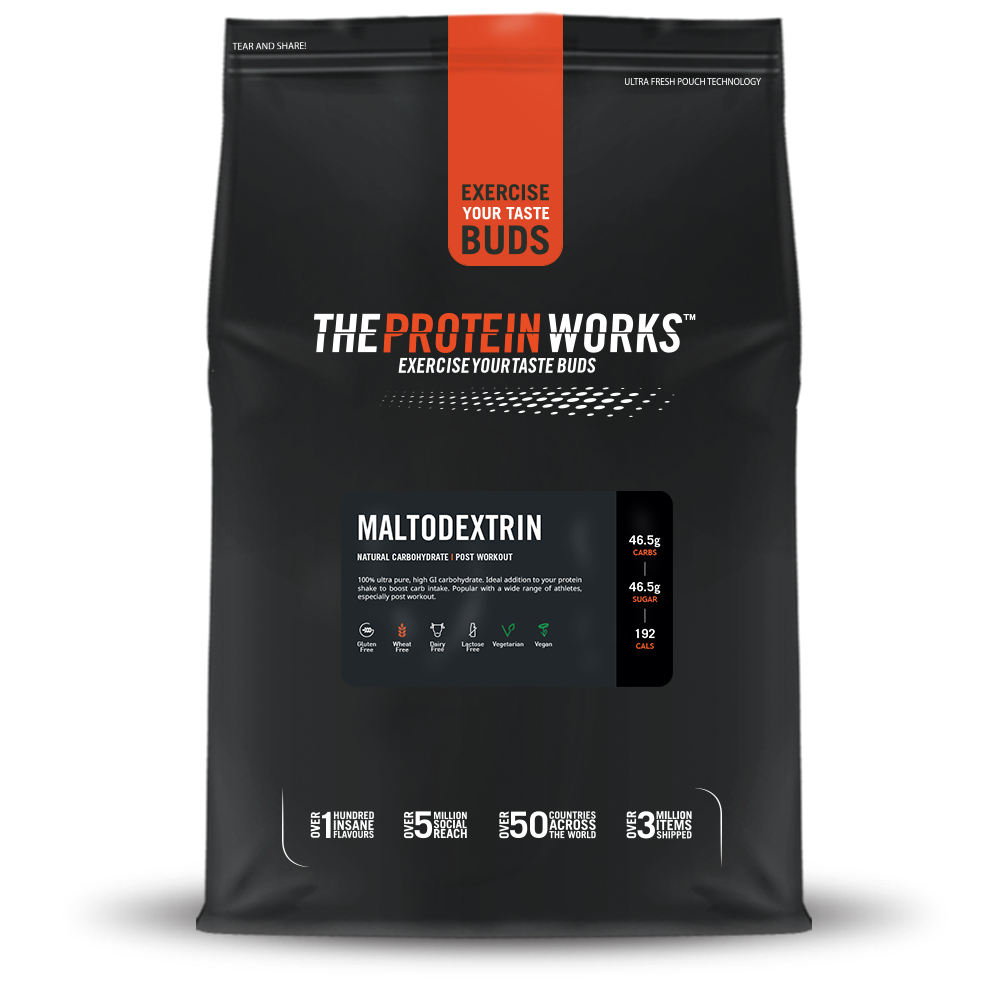
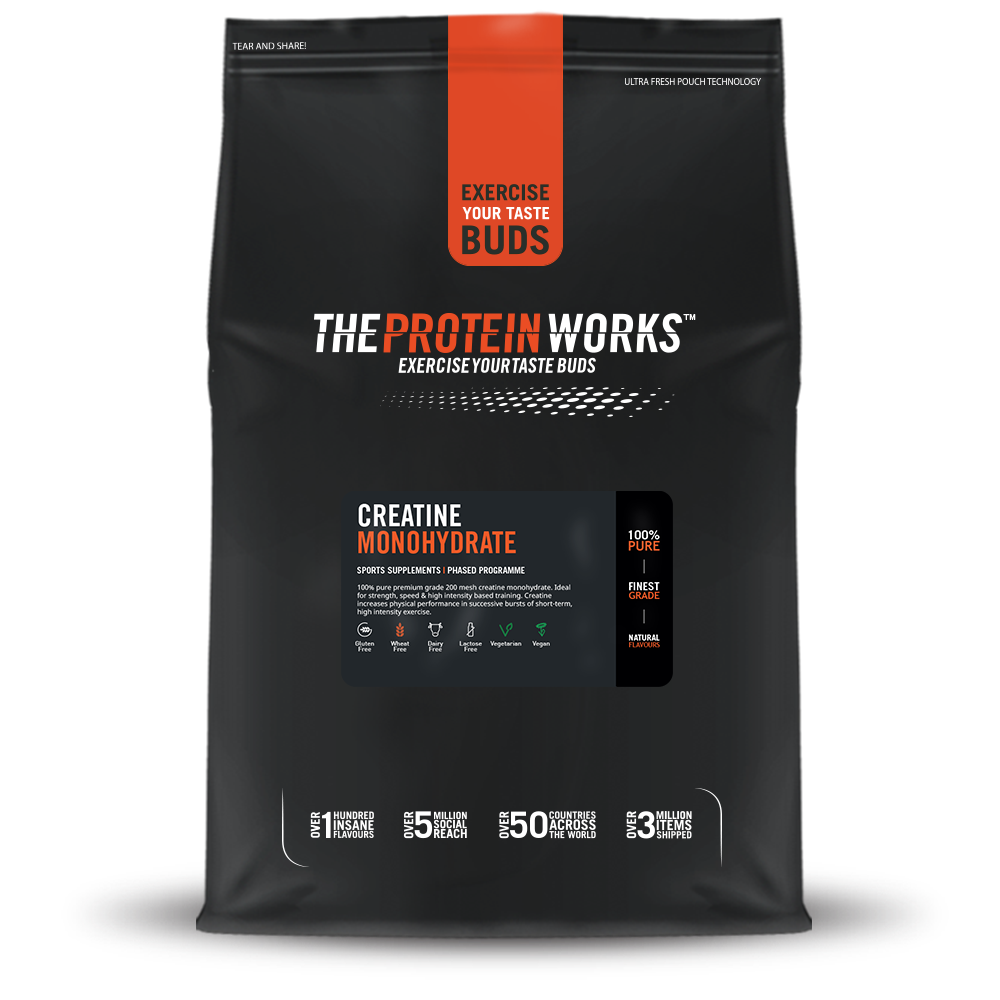
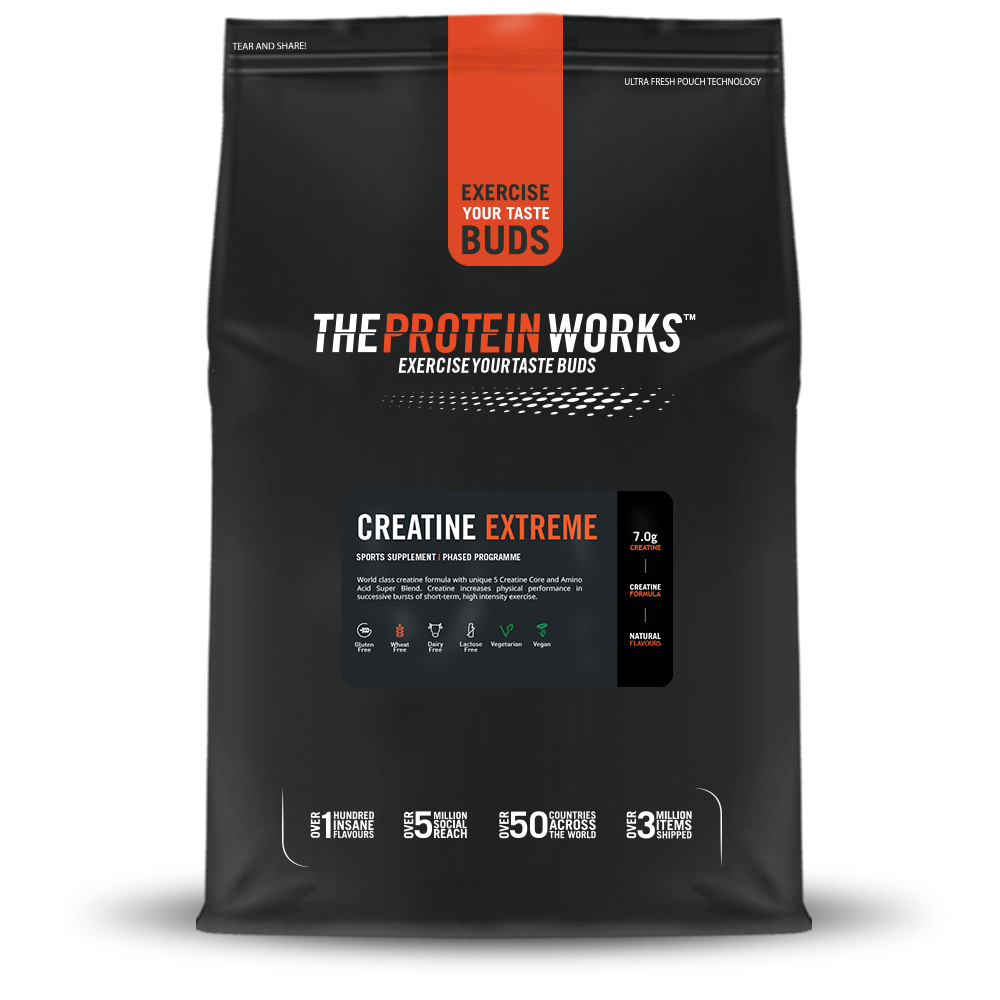
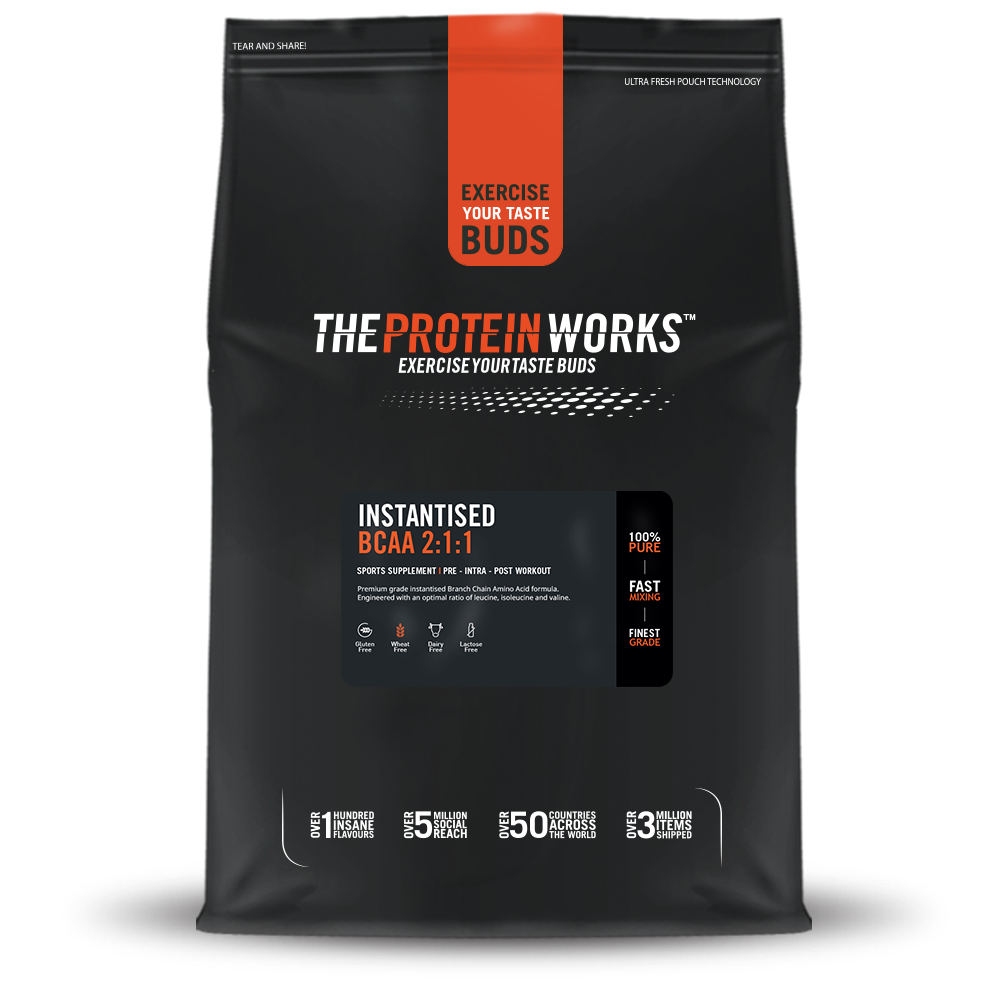

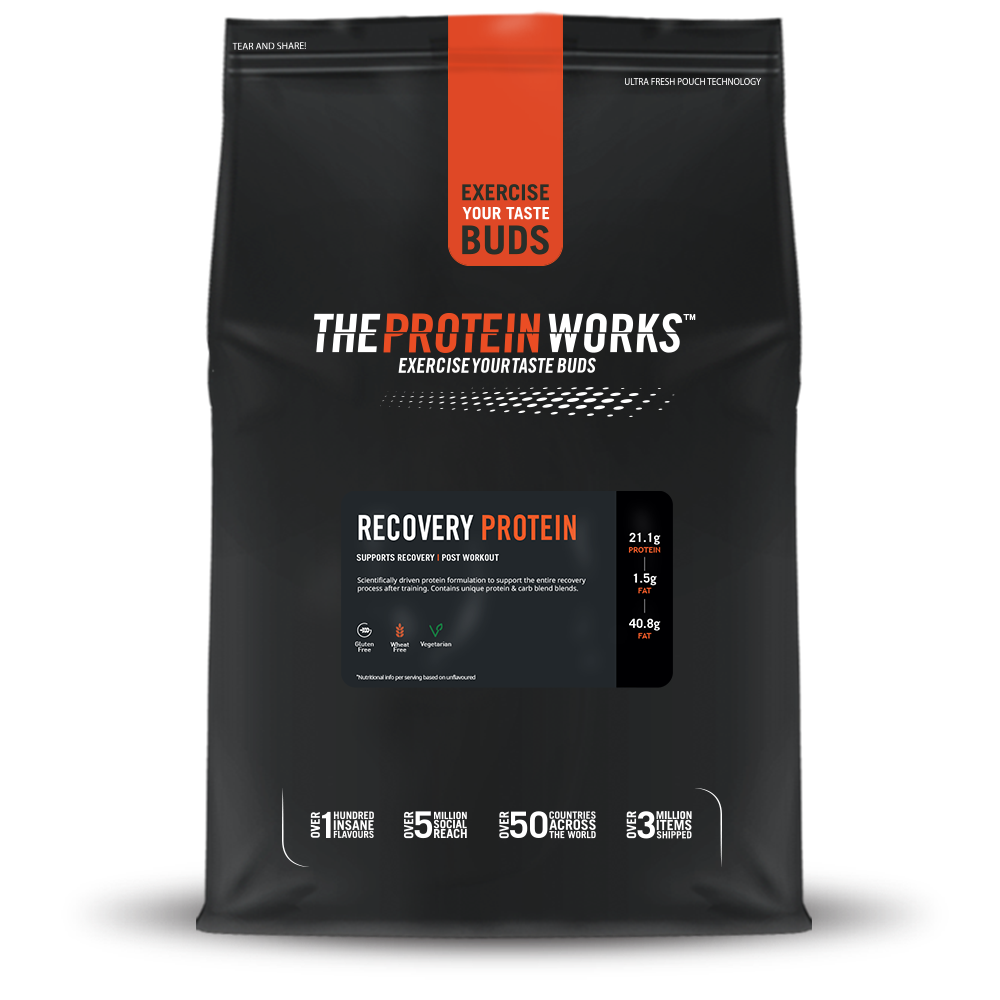
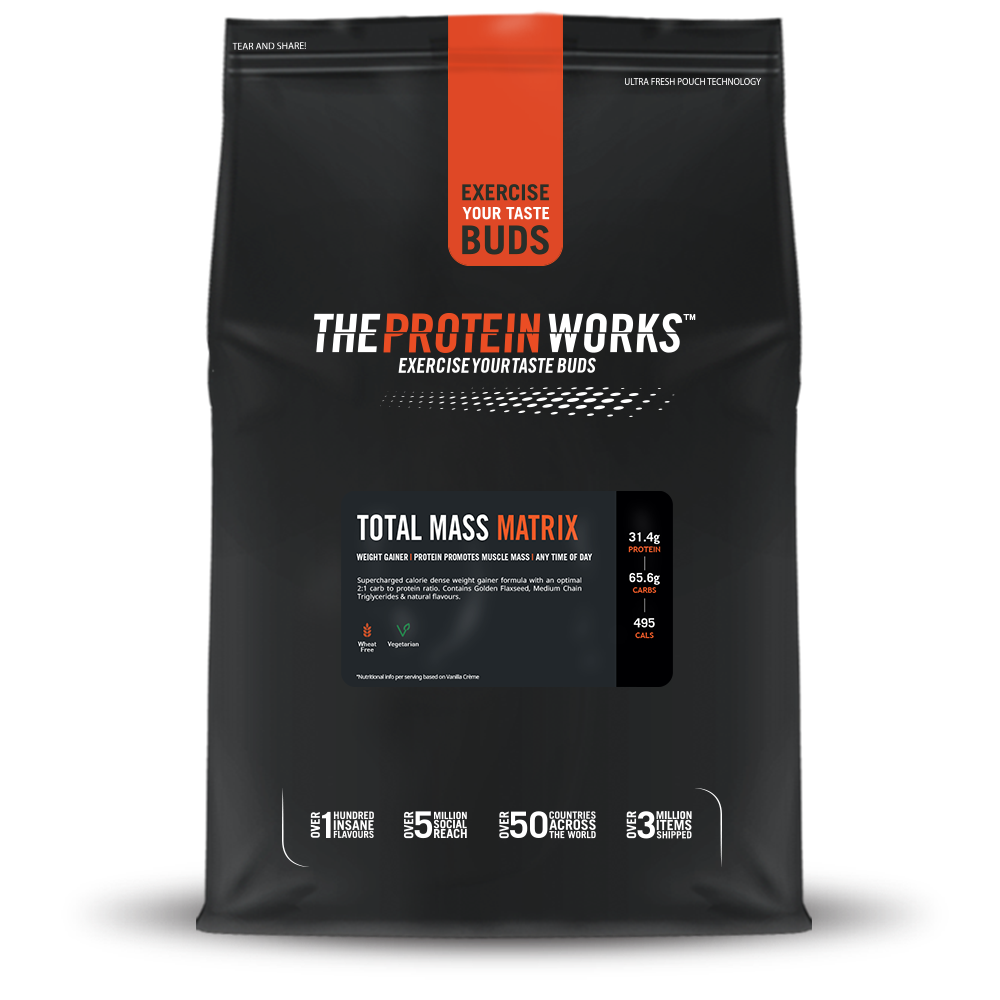
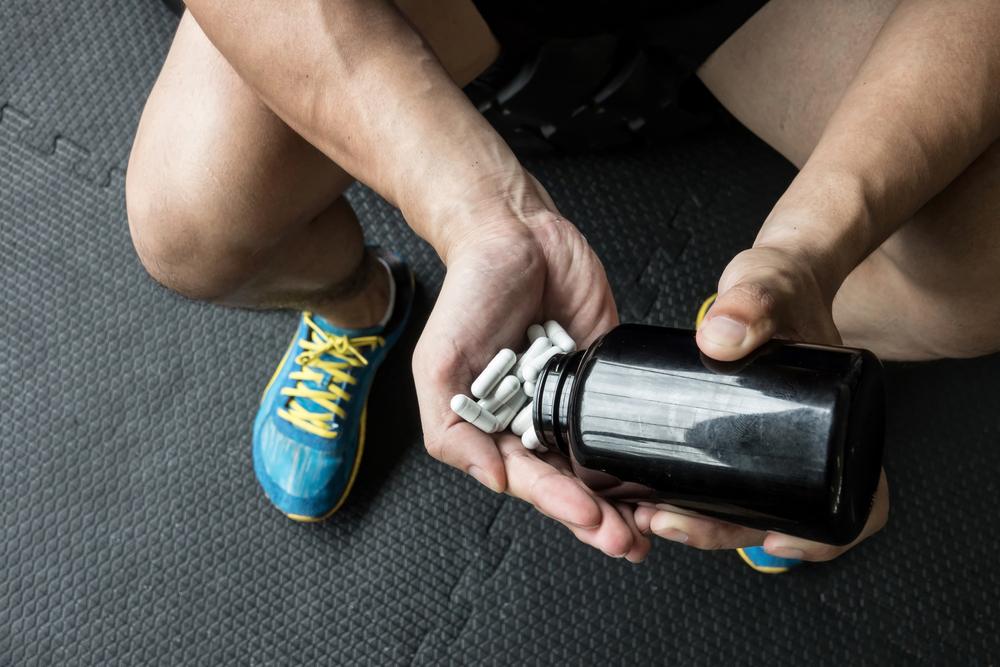
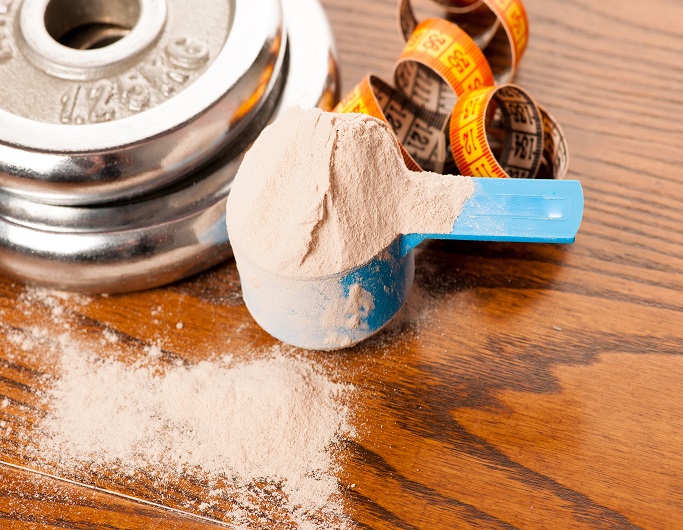


No Comments yet!